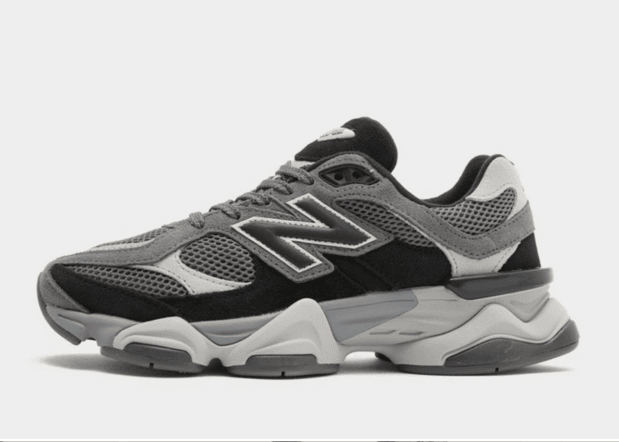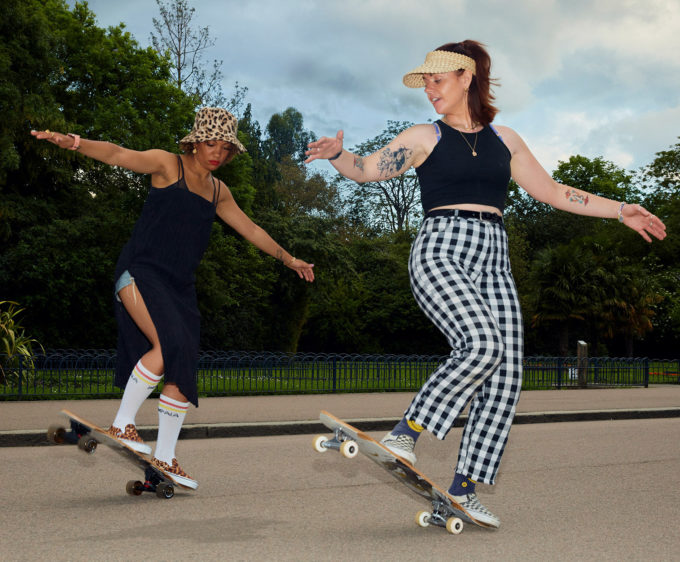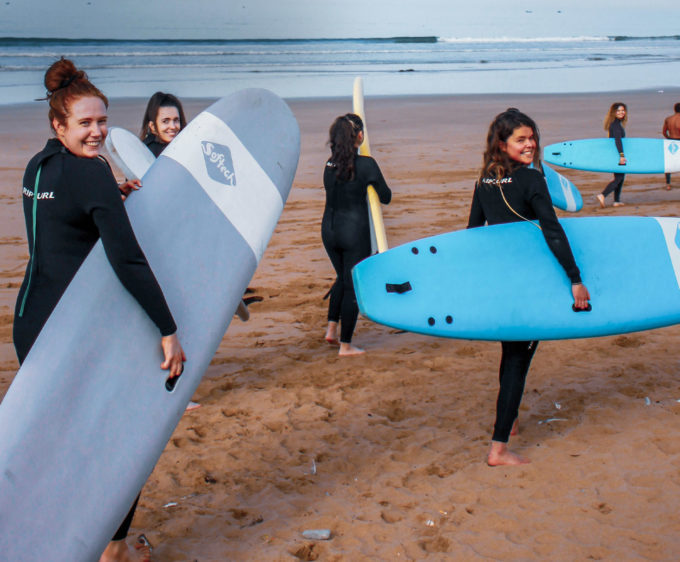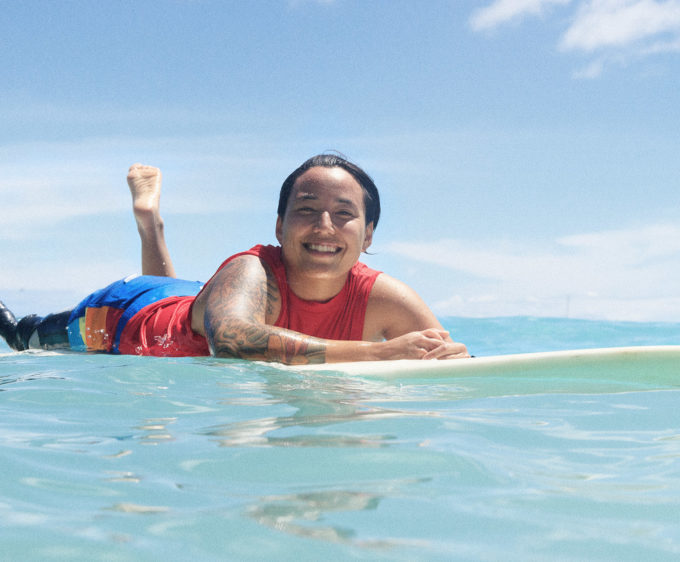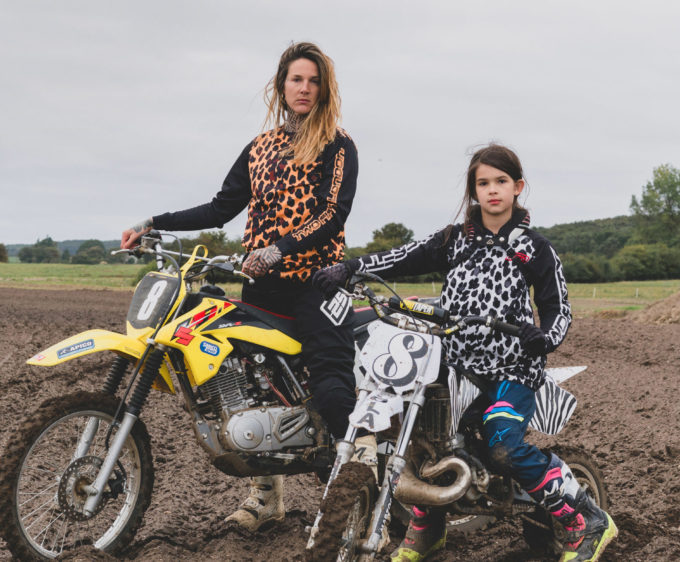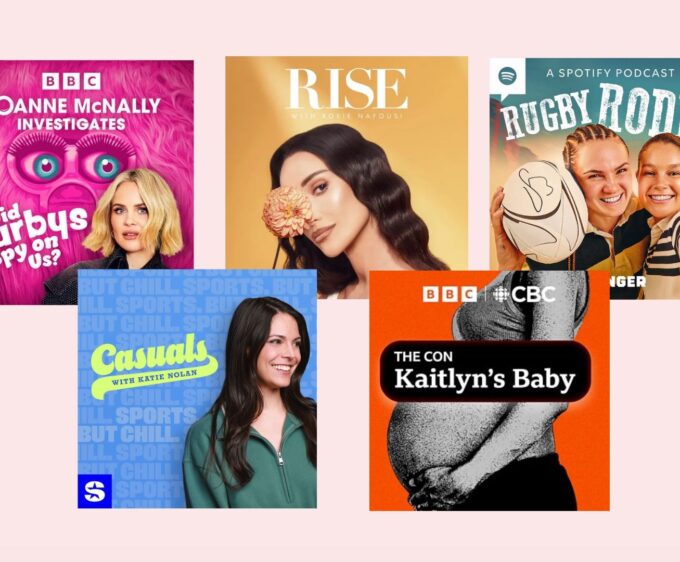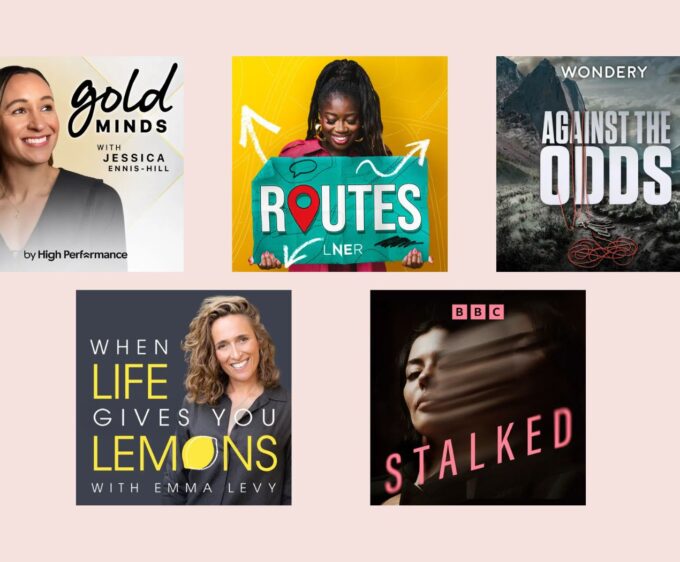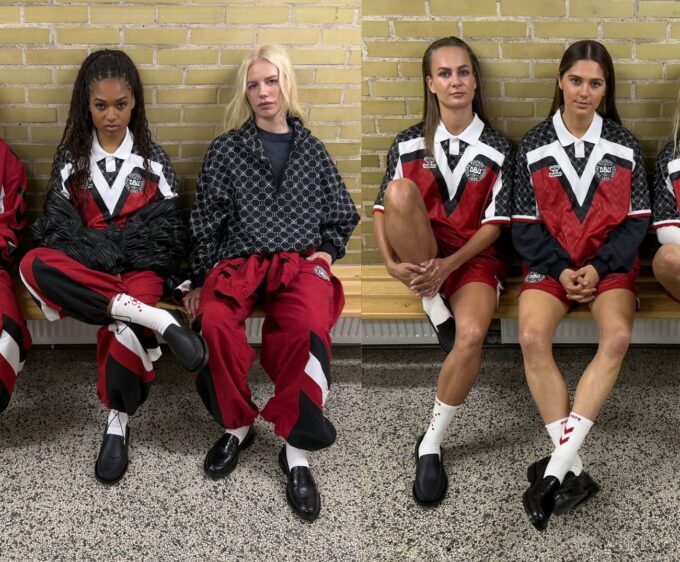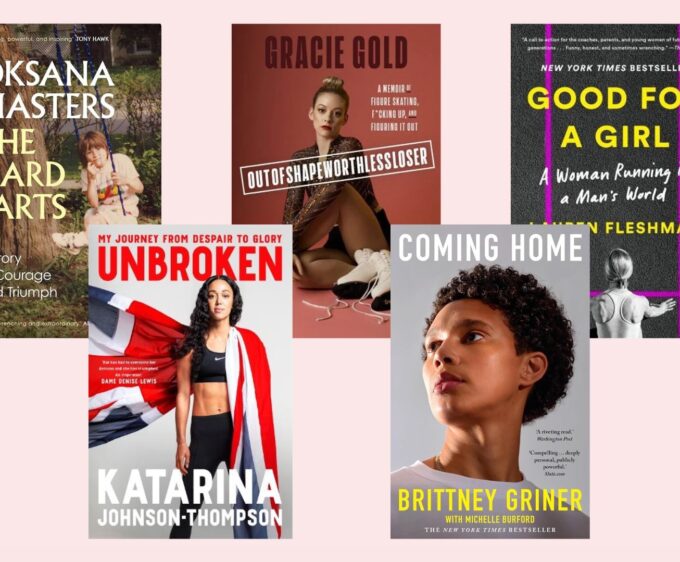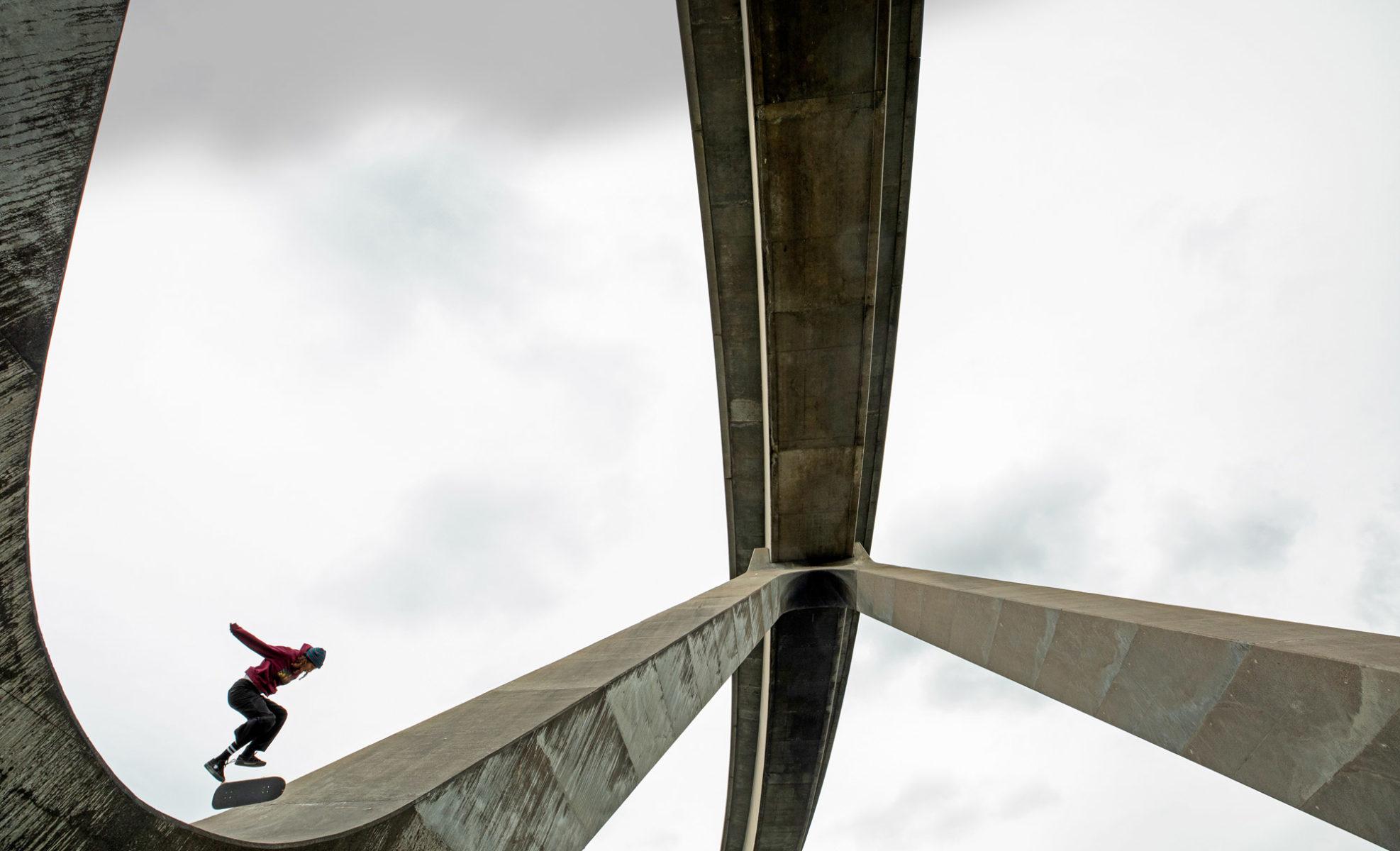
A Skateboarding Squad For A New Generation
Hannah Bailey’s portraits capture the action, movement and beauty of women’s skateboarding on its own terms
By Sam Haddad
Photography By Hannah Bailey
For almost a decade, Hannah Bailey has been raising the profile of women’s skateboarding through her compelling character-led photography. Her latest project, To Balance is Trust, was timed to coincide with skateboarding’s Olympic debut in Tokyo, as she wanted to use that spotlight to showcase the amazing breadth and diversity of women skaters and help make the sport more accessible than ever before.
In the summer of 2012, Hannah Bailey was invited to Malmö in Sweden to take photos of British skateboarders, who were competing at a women’s event there. A keen photographer and skater herself, she leapt at the chance. But when she got back to the UK, she found she couldn’t place the images anywhere. No one was interested.

Team GB bronze medallist Sky Brown may have been one of the faces of the recent Tokyo Olympics, but back in 2012 skateboarding was still incredibly male-dominated. It was rare to see girls or women skating at local parks, only a handful of women showed up at national contests, and very few of those made a decent living from skateboarding. But Hannah was still surprised to find the skate media, in particular, so apathetic. “I noticed there was little support or coverage of the women’s skate scene,” she says. “But I also knew I wanted to get in there and photograph this diverse group of skateboarders. I believed in them as a positive thing for the media to show.”
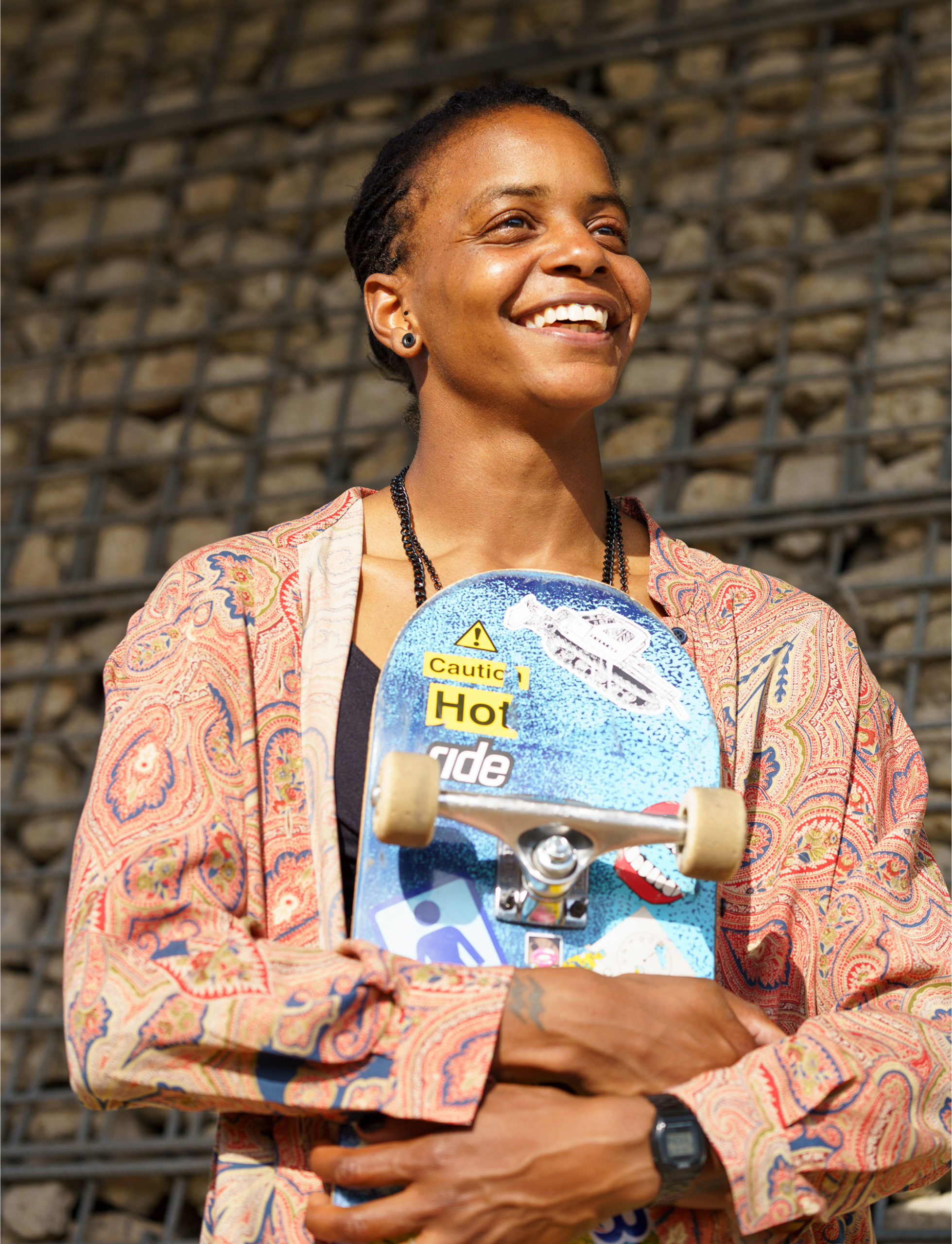
Hannah got a better response when she pitched to the photographic community, where brands including Lomography were all too happy to shine a spotlight on her shots of women’s skateboarding. “I wasn’t coming in from a skate background, I was coming from a creative, photographic point of view, with fresh eyes. That’s why I think Lomography was so interested,” she says. “Skate photography is often gritty, shot with a fish eye, capturing the biggest and gnarliest [most hardcore] tricks, whereas my images don’t always fit that mould. They are very portrait and character-led, capturing the action but also the movement and beauty of it.”
compelling

This stylistic approach and fresh aesthetic went down really well with a wide audience, and her shots began to appear in i-D, Dazed and even Women’s Fitness. “I wanted to infiltrate the mainstream, to push [women’s skateboarding] to more eyes,” she says, “And [publications] were open to it, especially because they hadn’t featured women who skated before. They hadn’t even seen it. It’s visually striking and diverse; it captures the attention.” Hannah has since spent much of the last decade photographing women and non-binary skateboarders, but she’s always done it on a shoestring, raising her own funds and never as a full-time endeavour. She also never called herself a skate photographer. But then during that extended pause of the first lockdown she began to question why that was?

striking
“I realised if I didn’t start taking it seriously and making the effort to say, ‘This is what I do as part of my job,’ then the women coming after me were not going to see it as a legitimate career path,” she says. “They’d do it the same way I did, little things on the side, trying to find a way to go to this event or that, as no one had invited me.”
“I want the next path for them to be invited, for 50% of photographers on the sidelines at the Paris Olympics to be women. Why shouldn’t there be if 50% of the riders are women?” The 2016 decision to include skateboarding in the Olympics was not without controversy, with many seeing the decision as selling out skating’s punk roots. But the IOC’s insistence on having an equal number of male and female competitors proved a boon for women’s skateboarding. Prize and sponsorship money dramatically increased, as did the opportunities for women to compete, bringing more and more skaters into the sport.

Hannah knew the women’s skate contests would generate a lot of attention at the Tokyo Olympics, but she wanted to make sure that spotlight showcased the genuine breadth and diversity of women and non-binary skateboarders, who she’d met during a decade of shooting them; to show the whole pyramid, rather than just its new shiny peak. Which is where the idea for this photo series, entitled To Balance is Trust, came about. But this time, she wanted to do it properly, “to do these voices and faces justice” as she says, and to show the hard work that was being put in across skateboarding. So, she applied for and won a Getty Grant as part of its #ShowUs series, in which women photographers seek to shatter beauty stereotypes. This meant she could upgrade her camera gear and actually concentrate solely on it, rather than it being a passion project she fitted in as and when.
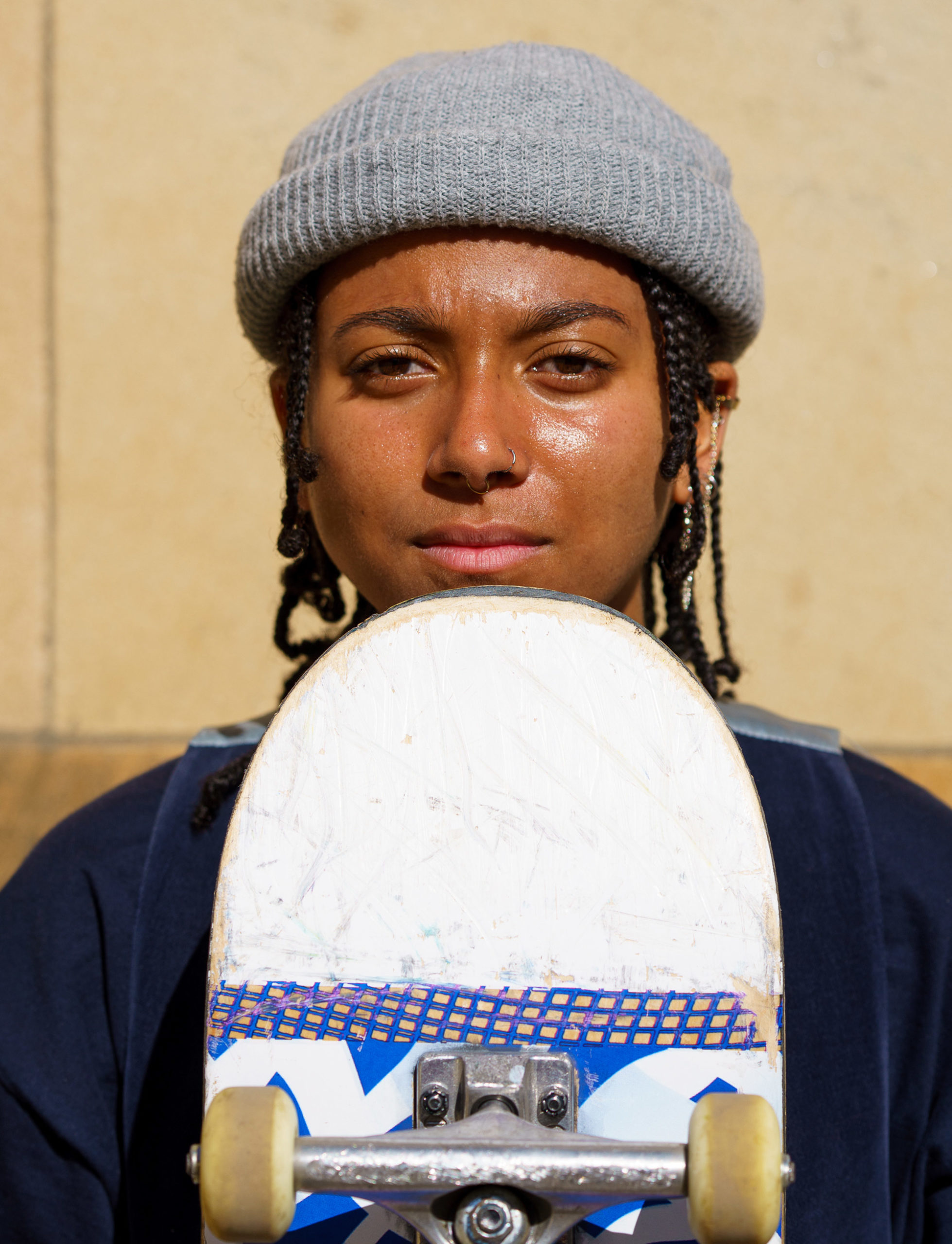
She settled on 25 subjects, women, non-binary and female-identifying skaters, who alongside their skating were all doing good in their community. They included Denia Kopita, a volunteer for the NGO Free Movement Skateboarding, Amy Allard-Dunbar, co-founder of female, non-binary and queer skateboarding collective SkateBoobs, wheelchair motocross champion Lily Rice and young Scottish sisters Rudi and Mac Morrice, who are ambassadors for Skateboards for Hope. She spent time chatting and getting to know each of her subjects well — and it shows. The result is a warm, intimate series of portrait and action shots that often feel as if the subjects are baring their souls to Hannah. “They’re all very natural characters anyway,” she says. “And my technique is to take their portraits and when I’m done with that, I find they switch off and go into skate-brain mode with expressions of content calmness. That’s when I really start to take photos.”
intimate
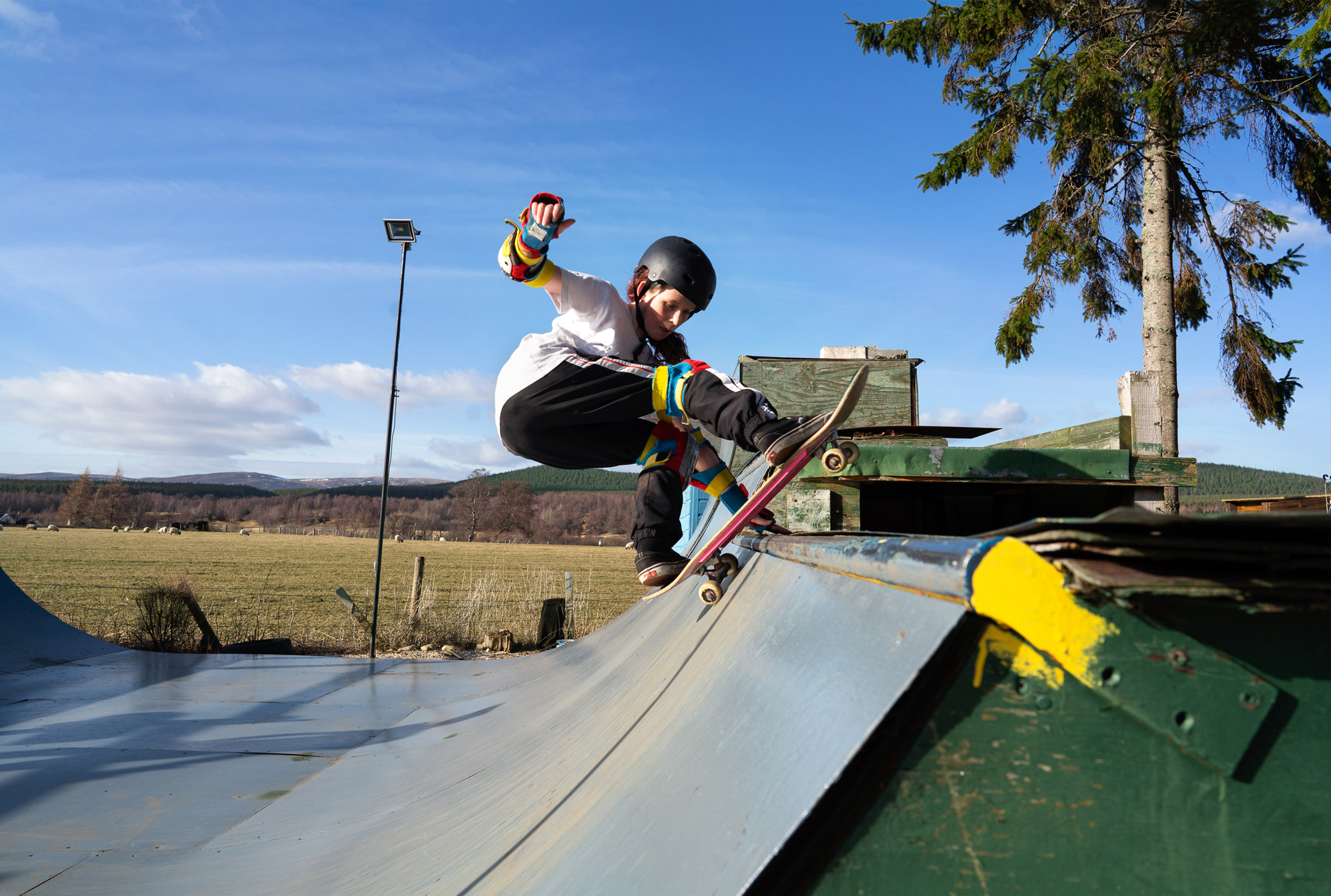
The uniqueness of the series is further enhanced by the fact Hannah gave the skaters a side of A4 paper to write their own captions. “I wanted to put the power back into the hands of the skaters,” she says. “To not put words in their mouths but instead give them the chance to write what skateboarding means to them.” The girls and women talk about how skateboarding feels like freedom, how it helps them express themselves and reset and, most of all, how it’s fun. “The aim of the series was not about me as a photographer, it was about these stories and these women and non-binary skaters. People who are putting time, effort and passion in to bringing more people into skateboarding. That made me so happy.”
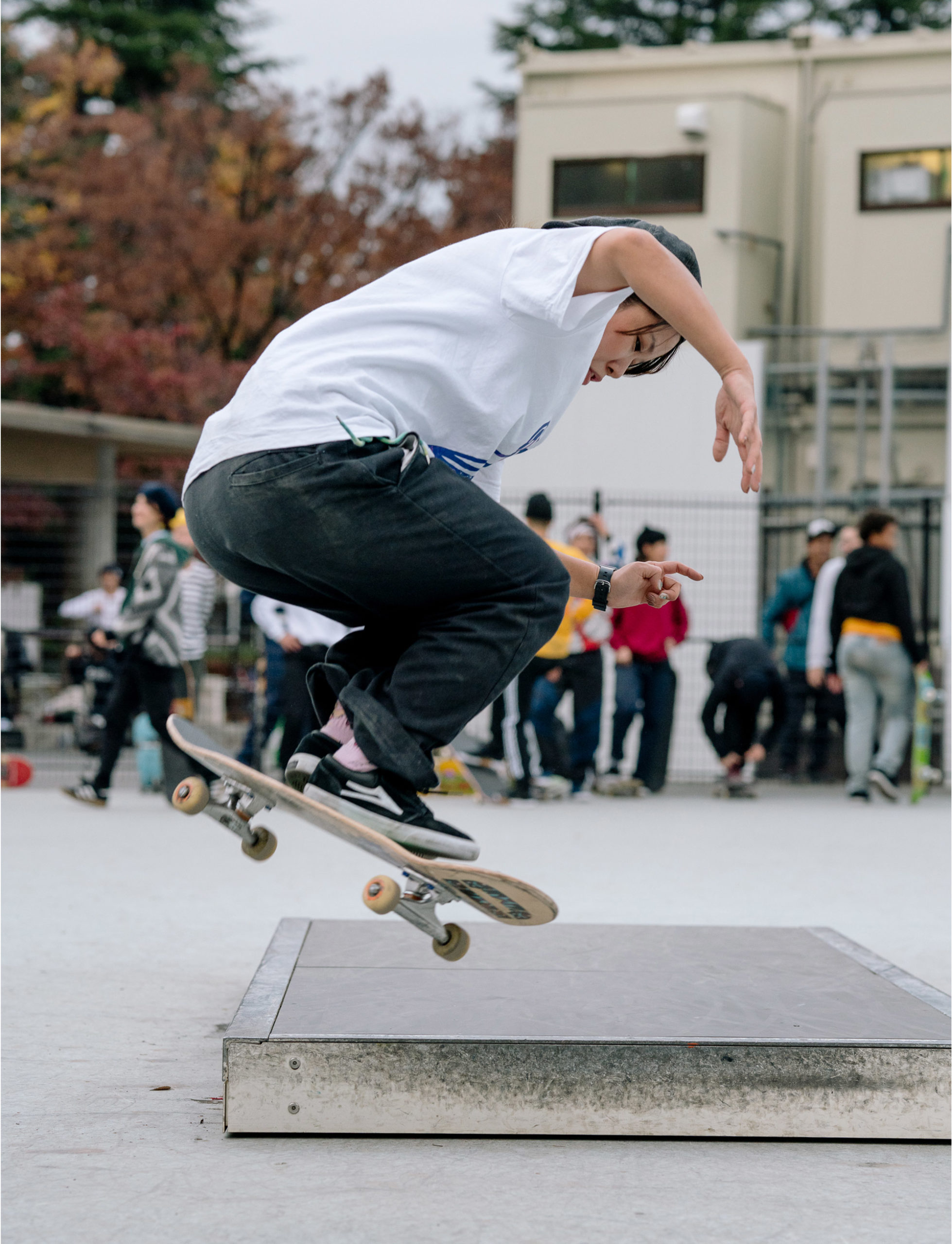
Marie Mayassi, founder of Melanin Skate Gals and Pals, an organisation who champion BIPOC and queer skaters, was really glad to be included in the series and hopes it will help her quest to make skateboarding more inclusive. “It was extremely important for us, as we’re working hard for fair representation within the skate community; for diversity in genders, culture, abilities and sexualities,” she says. “We wanted to show there’s not just one way to be a skater. Anyone with a board is a skater and no one should let people tell them otherwise.”
“We’re hoping these images will shake the skate community to its core and raise questions about gender, racism and how inclusive the community is. Representation is all, you cannot be what you cannot see. I hope seeing me and other Melanin Skate Gals and Pals crew members will inspire more BIPOC folks to pick up and take up space in skateboarding.”
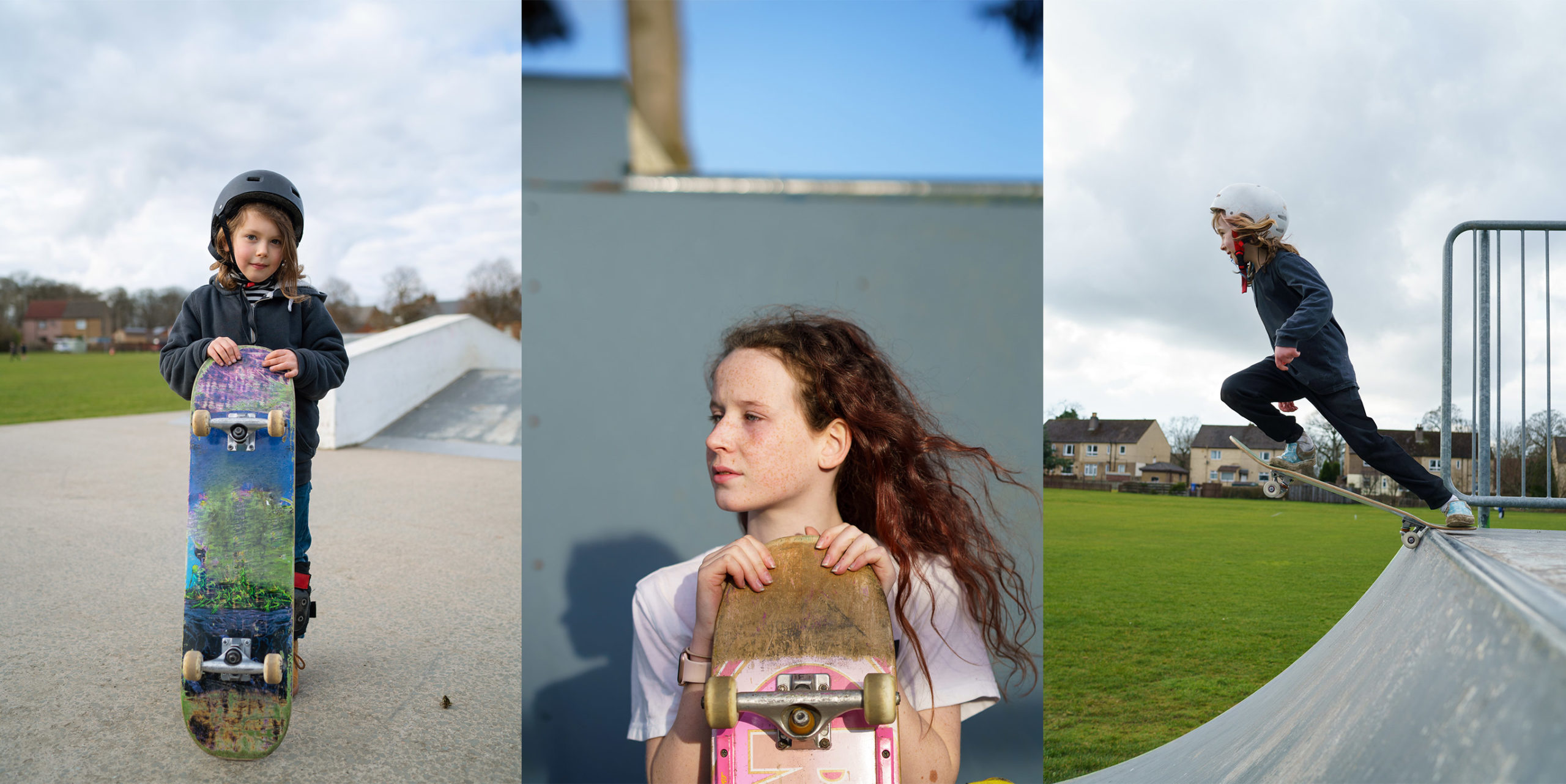
These are sentiments that Hannah wholly concurs with: “We know skateboarding is one of the most accessible sports, all you need to do is get yourself a board and a bit of flat or smooth ground,” says Hannah, “That means all sorts of people and socio-economic groups could take part — and why shouldn’t they, just because they don’t fit into what would have been considered ‘core’ skateboarding?” Until recently, if you’d asked most people to describe a typical skater, they’d have pictured Tony Hawk and teenage boys, whereas now their response might be more nuanced. “All these different sides of skateboarding can exist. And I think so many more people are seeing themselves represented in skateboarding now,” says Hannah.
She thinks part of the problem in the past may have been a lack of diversity in terms of gender and people of colour in marketing departments. “The more different types of people that are brought into a sport, the more creative and interesting and different it becomes,” she says. “Making it more accessible means not just showing skaters doing big tricks but changing the way the media represents women, which is what I’ve always wanted to do.”

